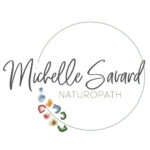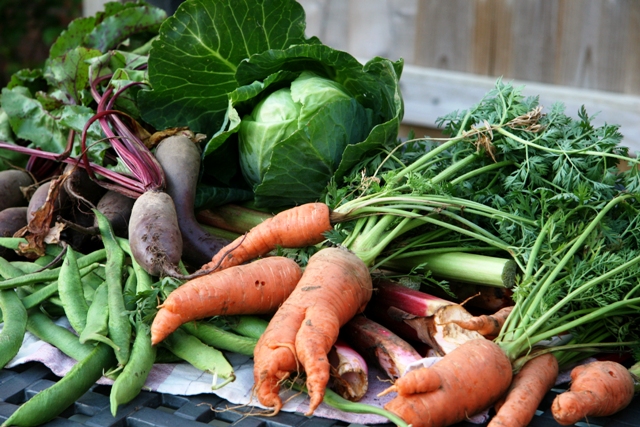 Having a diet in fresh fruits and vegetables is something I prone for all my clients in order to prevent illness, keep a healthy body weight and maintain good health. Today’s pervasive agricultural reality, makes that maintaining health also means avoiding food toxins such as artificial products, conservative agents but mostly chemical pesticides on your produce that do not completely wash off before attaining the consumer’s plate.
Having a diet in fresh fruits and vegetables is something I prone for all my clients in order to prevent illness, keep a healthy body weight and maintain good health. Today’s pervasive agricultural reality, makes that maintaining health also means avoiding food toxins such as artificial products, conservative agents but mostly chemical pesticides on your produce that do not completely wash off before attaining the consumer’s plate.
Let it be the fact that I am now feeding an infant, whose immune system and developing organs are more sensitive or that I have recently seen food allergies ‘cured’ by eating the organic version of the food, I have recently become much more diligent in choosing my produce. Without going into scary detail, here are the three main reasons why choosing to feed your family mostly organic food can be an essential part of health prevention and maintenance…
- Organic produce are richer in phytonutrients such as antioxidants, which is one of the main reason why we eat them in the first place
- Eating organic reduces exposures to pesticides that are in link with certain cancers, degenerative diseases, Parkinson’s disease
- Pesticide ingestion puts a toll on your elimination organs (kidneys, liver) as well as disturbing your body’s natural pH level, increasing your acidity
If you are removing the skin rather than buying organic, note that most vitamins and minerals in fruits and vegetables are found directly under the skin, this means that you are also striping your produce of its important nutrients not to mention valuable fibre.
I’m going to beat you to the whole ‘organic food can be considerably more expensive and harder to find’ argument! Here are my 3 golden rules to help you keep your wallet in check and get the best ‘bang for your buck’ while considerably reducing your pesticide intake:
1. Avoid the Dirty Dozen*, these are the most important twelve fruits and vegetables to buy organic as they have the highest pesticide load
- Apples
- Celery
- Cherry Tomatoes
- Cucumbers
- Grapes
- Hot Peppers
- Nectarines
- Peaches
- Potatoes
- Spinach
- Strawberries
- Bell Peppers
2. Continue buying the non-organic Clean 15* fruits and veggies as these contain the less pesticides when conventionally grown. Since organic produce only marginally contain more pesticides they are less worth you investing on
- Asparagus
- Avocados
- Cabbage
- Cantaloupe
- Corn
- Eggplant
- Grapefruit
- Kiwi
- Mangoes
- Mushrooms
- Onions
- Papayas
- Pineapples
- Sweet Peas – frozen
- Sweet Potatoes
*List taken from the Environmental Working Group
3. Start with meat and dairy since animal products fed on pesticide containing feed have a much higher concentration of toxins (that don’t only include pesticides) and are harder for you to eliminate. Concentration is especially great in animal fat (i.e. butter, fatty meat…). Buy less meat and replace by organic vegetable protein such as legumes, this is not only a more economical protein choice but a better one for your health.
Many local organic farmers offer home delivery of fresh seasonal produce. The higher the demand for these products, the cheaper they will become.
By following the above 2 lists you will be able to reduce your pesticide intake from produce by approximately 80% and you will be one step closer to attaining optimal health for you and your loved ones. Another good thing to remember is that ‘natural’ does not equate organic, look out for official certifications or get to know a local farmer that may practice organic farming but cannot afford costly certification. In an ideal world we’d all be eating organic, local, unprocessed food. Its true, organic is more expensive, but note that no time in history have we spent such a small percentage of our earnings on foods… and besides you are worth it !)


